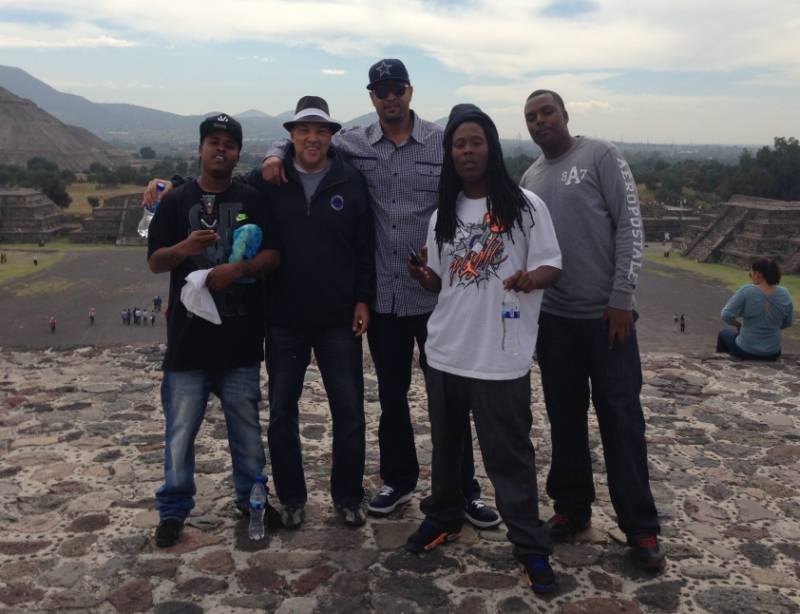Richmond had a rough reputation. Now researchers call it a national model for reducing gun violence. They credit the city’s dramatic turnaround to a program that offers criminals cash not to shoot.
In 2010 , when the city’s homicide rate was soaring, city workers offered Richmond’s most dangerous players training and support to stay out of trouble. Specifically, Operation Peacemaker provides job training, substance abuse treatment, mentorship and up to a thousand bucks a month if individuals put away their guns.
“The stipend is a gesture of saying you are valuable, your expertise is valuable, your contribution to this work of creating a healthier city is valuable,” DeVone Boggan, the program’s creator, told KQED in 2016. He said private grants pay for the stipends.
Boggan started the program after analyzing city crime data. He discovered that a small percentage of the population committed most of the shootings. By singling out about 30 ring leaders Boggan believed he could have the greatest effect on reducing gun violence. He was right.
A new study, published in the American Journal of Public Health, finds gunshot wounds and killings have fallen by about 50 percent since the fellowship program began.
